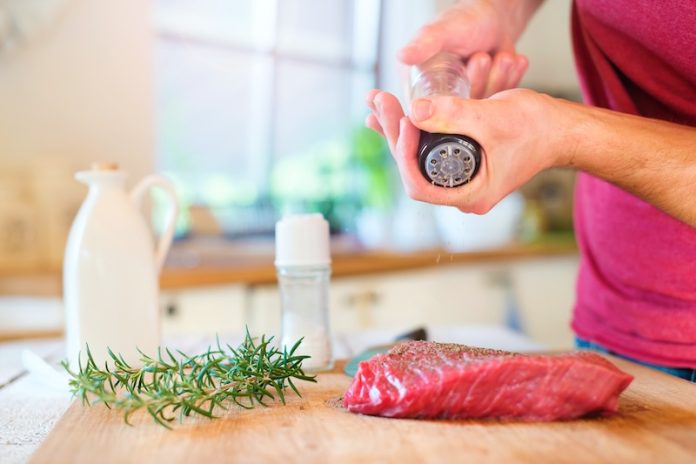
A study published in the European Heart Journal Open has revealed a big association between excessive salt intake and atherosclerosis, a condition characterized by the narrowing of arteries due to plaque buildup.
The research found that each increase in salt consumption was linked to more severe atherosclerosis in both the heart and neck arteries.
Atherosclerosis, which impairs blood flow, is a known risk factor for heart attacks and strokes.
The study, conducted on 10,778 adults aged 50 to 64, used urinary sodium excretion to estimate salt consumption and coronary computed tomography angiography (CCTA) to assess artery health.
The results showed that as salt intake increased, so did the burden of atherosclerotic plaques in the heart and neck arteries.
Even individuals with normal blood pressure levels experienced this effect, suggesting that salt can be damaging even before hypertension develops.
The study underscores the importance of limiting salt intake to approximately one teaspoon per day, as recommended by health organizations like the World Health Organization.
Reducing the use of table salt and replacing it with salt substitutes containing potassium chloride can help lower salt consumption and benefit heart health.
This research highlights the significance of monitoring salt intake and its potential impact on cardiovascular health, emphasizing that it’s not only hypertensive or heart disease patients who should be mindful of their salt consumption.
If you care about high blood pressure, please read studies that drinking tea could help lower blood pressure, and herbal supplements could help reduce high blood pressure
For more information about blood pressure, please see recent studies about added sugar in your diet linked to higher blood pressure, and results showing vitamin D could improve blood pressure in people with diabetes.
The research findings can be found in European Heart Journal Open.
Follow us on Twitter for more articles about this topic.
Copyright © 2023 Knowridge Science Report. All rights reserved.



